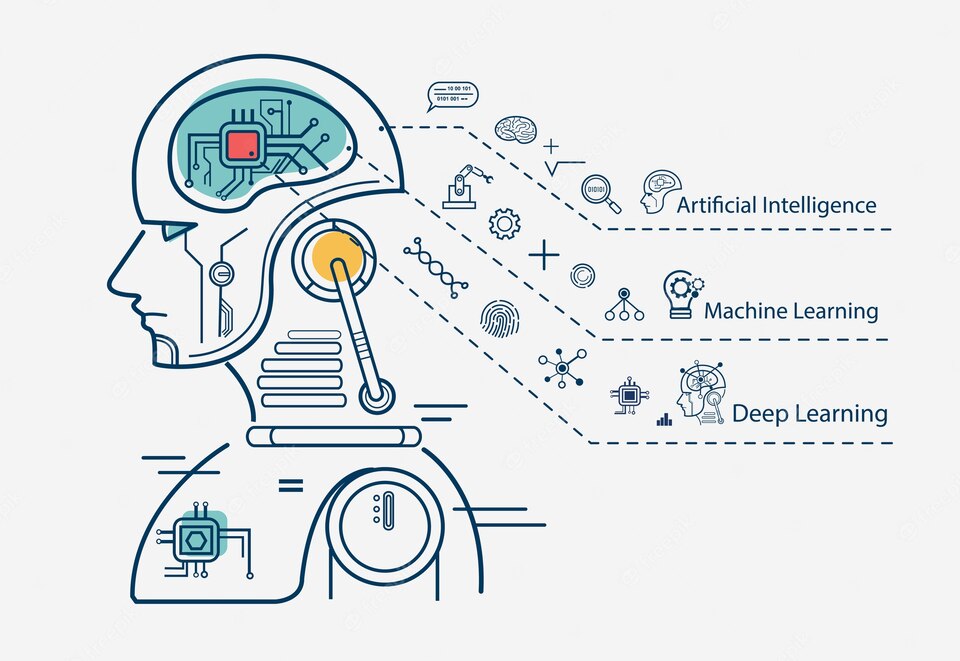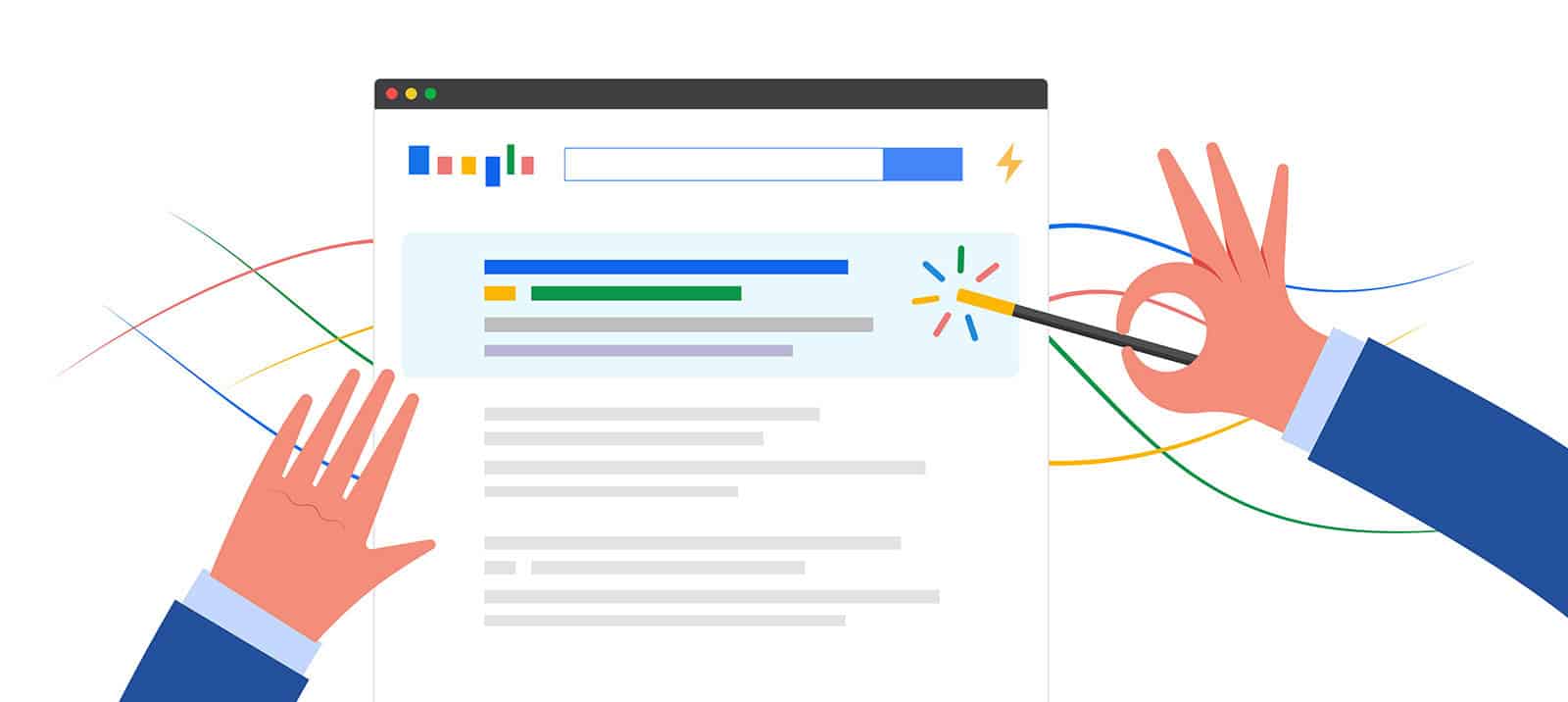Digital marketing has revolutionized the way businesses connect with their target audiences, and its importance has only grown with time. In today’s fast-paced and ever-changing world, staying ahead of emerging trends is crucial for businesses to thrive and succeed. As we delve into the future of digital marketing, we’ll explore the latest advancements, strategies, and technologies that are shaping the industry. This blog post will provide you with valuable insights to help you optimize your digital marketing efforts and stay ahead in the competitive landscape.
Artificial Intelligence (AI) and Machine Learning (ML)

Artificial Intelligence (AI) and Machine Learning (ML) have emerged as game-changers in digital marketing. These technologies have transformed content creation and other digital marketing processes, making work easier for marketers. AI-powered tools like ChatGPT and Jasper can generate compelling content, including blog posts, social media captions, and email newsletters, saving time and effort for marketers. These tools utilize ML algorithms to analyze vast amounts of data, identify patterns, and generate insights that inform marketing strategies.
By embracing AI and ML, marketers can automate tasks, personalize customer experiences, and optimize campaigns. ML algorithms assist in predictive analytics, helping marketers understand customer behavior and preferences. Businesses that adopt AI and ML will gain a significant advantage in the digital marketing landscape.
Long-Form Content

Search engine algorithms are favoring long-form content that provides value to searchers. In-depth, comprehensive articles that address specific topics and provide valuable insights tend to rank higher in search engine results pages (SERPs). Marketers should focus on creating high-quality long-form content that addresses users’ needs, incorporates relevant keywords, and provides a comprehensive resource for searchers. This approach not only improves SEO rankings but also establishes your brands as authorities in your industry.
Influencer Marketing

Influencer marketing has become an integral part of digital marketing strategies. In 2023 and beyond, we anticipate the continued growth of influencer marketing, with a particular focus on micro-influencers and nano-influencers. These influencers often have smaller but highly engaged audiences within specific niches. Partnering with them allows you to tap into their expertise and connect with a more targeted audience.
When implementing influencer marketing campaigns, it is crucial to choose influencers whose values align with your brand. Authenticity and transparency are key factors in building trust with your audience. Additionally, consider leveraging user-generated content by encouraging influencers and customers to create and share content related to your brand.
Data Privacy Policies

Data privacy policies implemented by major tech giants like Google, Meta, and Apple are shaping the future of digital marketing. These policies, such as Google’s Privacy Sandbox and Apple’s App Tracking Transparency (ATT) framework, aim to enhance user privacy and control over their personal data.
Google’s Privacy Sandbox initiative introduces changes to online tracking practices by phasing out third-party cookies, which impacts marketers’ ability to track and target users effectively. Marketers are exploring alternative solutions such as contextual advertising and first-party data strategies to maintain personalized experiences while respecting user privacy.
Apple’s ATT framework, which requires users to provide explicit consent for tracking across apps, affects the ability to measure and attribute ad performance accurately. Marketers need to rely more on first-party data and contextual targeting to reach their target audiences effectively. This shift also emphasizes the importance of building trust with users and delivering value to encourage opt-ins.
Despite these challenges, the shift towards enhanced data privacy also presents opportunities. By prioritizing transparency, ethical data practices, and consent-driven approaches, businesses can build trust and stronger relationships with their customers. Marketers need to invest in building direct relationships with customers, leveraging first-party data, and creating personalized experiences based on user preferences and explicit consent.
Video Marketing Dominance

Video marketing has been steadily growing over the years, and its dominance is set to continue in 2023 and beyond. Platforms like YouTube, TikTok, and Instagram Reels have millions of active users, making video content a powerful tool for engaging and connecting with audiences.
To leverage video marketing effectively, businesses should create high-quality, informative, and visually appealing content. Consider incorporating various video formats such as tutorials, product demonstrations, behind-the-scenes footage, and customer testimonials. Engaging storytelling, relevant captions, and well-crafted thumbnails can also help drive engagement and visibility.
Conclusion
The future of digital marketing holds immense potential for businesses worldwide. By embracing emerging trends marketers and businesses can gain a competitive edge in the global marketplace. Staying informed, adapting to evolving customer expectations, and leveraging data-driven insights will allow businesses from any part of the world to forge meaningful connections, drive brand growth, and unlock success in the digital space.


